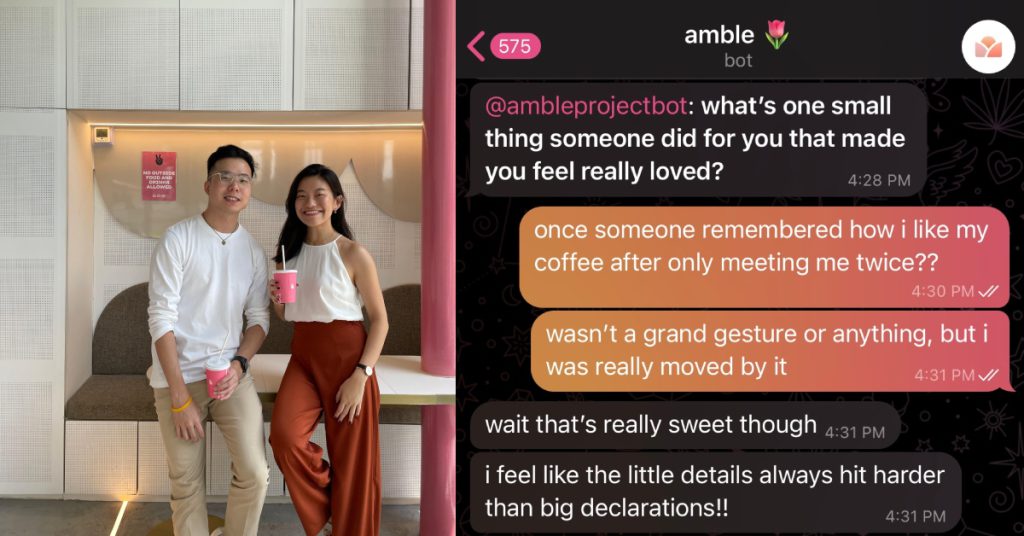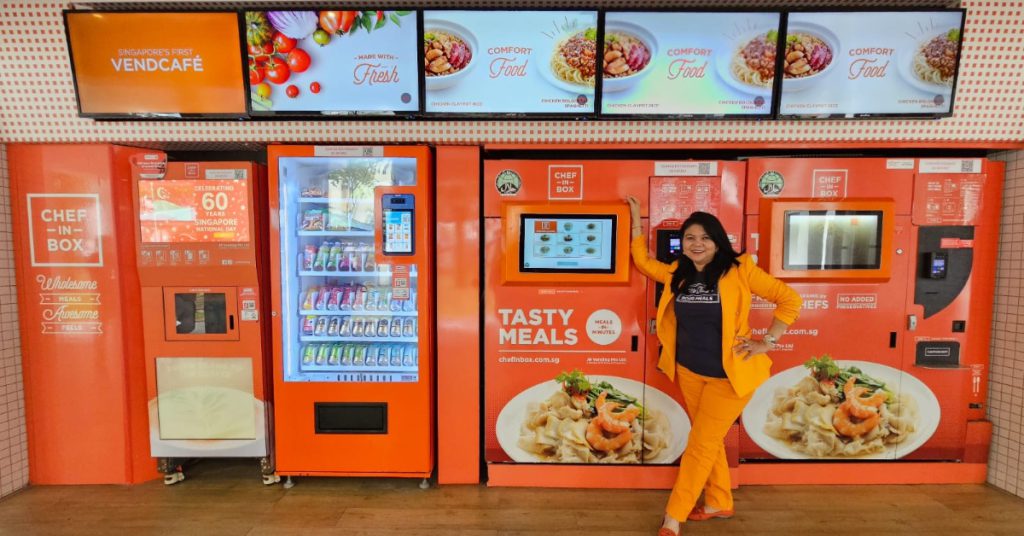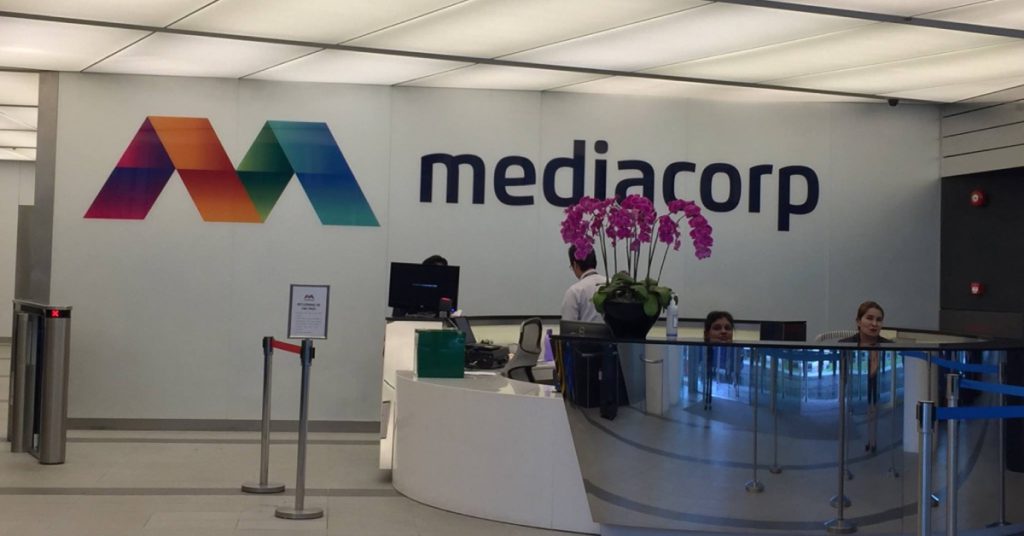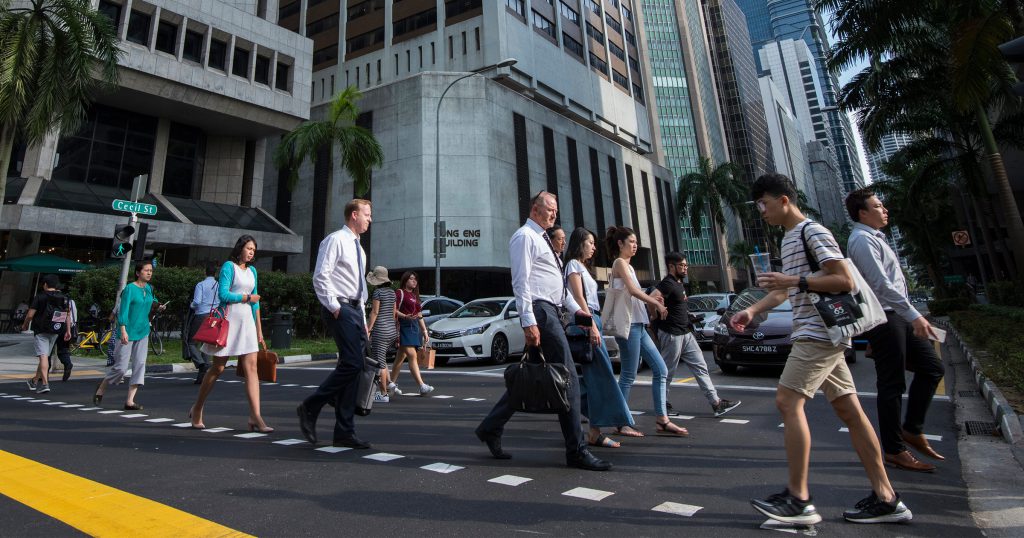Disclaimer: Unless otherwise stated, any opinions expressed below belong solely to the author.
Channel NewsAsia published a report about the misuse of artificial intelligence (AI) by students in Singapore yesterday (July 8), with local professors admitting that policing its use for written assignments is a “lost cause”.
Educators agreed that trying to catch every instance of AI use would be futile. Associate Professor Aaron Danner, from NUS’ College of Design and Engineering, is against blanket bans on AI. “It’s going to be a lost cause to try to tell whether a student has used AI or not for writing assignments,” he said. “We have to adapt our assignments to this reality.”
An excerpt from Channel NewsAsia’s report
Frankly speaking, I have no idea what the problem is, and the best way to understand how to approach AI in education is to start from the very end—the future workplace.
It just requires answering a simple question: Will these future graduates use AI in their jobs? Yes they will.
Just like we use computers, software and other tools that make our jobs easier and quicker.
When I was a student, nobody restricted the use of calculators in math assignments completed at home—everybody had one in their drawer, and it was up to you to use it or not. But you were incentivised not to rely on technology too much, since you wouldn’t have access to it during regular tests or final exams.
It’s been a while since I last visited a school, but has the approach changed so much that you can’t sit students down a few times during a semester to test their skills and knowledge in an isolated, offline environment?
At the same time, does it matter if they are capable of writing an entire paper by hand, if they would never do that without the help of AI in their future workplace?
The real change AI is going to bring
OpenAI’s founder recently shared an excellent observation about how AI is going to redefine the future of work, which, as a result, should be used to redefine the future of education.
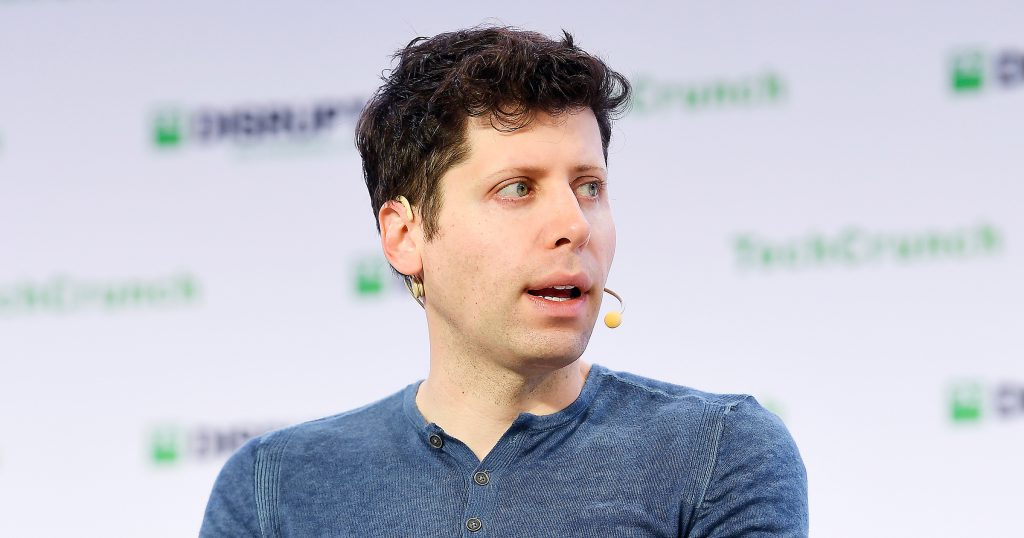
In an essay published last month, Altman predicted that AI will elevate the “idea guys”—people who are typically ridiculed by techies today for not having the skills to make their ideas a reality:
We (the whole industry, not just OpenAI) are building a brain for the world. It will be extremely personalised and easy for everyone to use; we will be limited by good ideas. For a long time, technical people in the startup industry have made fun of “the idea guys”; people who had an idea and were looking for a team to build it. It now looks to me like they are about to have their day in the sun.
Artificial intelligence is about to unlock an unlimited supply of capable, intelligent, artificial labour which only needs direction from someone who wants to do something.
The real skill is going to be the ability to put it to good use—and this is what education should turn its attention to.
Does it matter if AI helps people write great books? Make great movies? Provide the best engineering solutions? Write software? Plan and execute scientific experiments under human direction?
If the customer thinks the product is good, does it matter how it was made? Are we lamenting the demise of carpenters because of the rise of IKEA? Premium craftsmanship will always have its niche, but humanity is driven forward by automation.
With AI removing many bottlenecks, we are bound to see a greater competition of ideas in every domain of life, many of which could not have been tested before because employing qualified people to execute them was risky, difficult and expensive.
It’s on this creative human input that education should focus.
Since everybody in the world is going to have access to the same smart apps, the difference a human makes is going to depend on their vision and creativity, not raw skill or minute understanding of how everything works (since AI will be able to explain it on demand anyway).
Some educators in Singapore have already taken note of that, according to the Channel NewsAsia report:
Associate Professor Donn Koh, who teaches industrial design at NUS, requires students to use AI in certain assignments. “Whether AI is plagiarism is no longer the main issue,” he said. “The real challenge is helping students stand out and create differentiated value when everyone has the same AI tools.”
An excerpt from Channel NewsAsia’s report
AI makes it easier to catch bad students
Ironically, an excellent example of how AI can actually expose cheating was recently reported at NTU, where three students were penalised for using essay-generating software that made up citations to nonexistent academic sources.
Their laziness was laid bare after they failed to double-check what they submitted, instantly outing them for trying to cut corners—a reputation that’s bound to follow them now.
It’s a cautionary tale for all those who want to depend on AI blindly. Intelligent tools can help you complete an assignment, but they can’t really do the job for you.
AI hallucination will likely go away one day, but the logical flow of any written paper has to be understood by its purported author—and that’s easy to check by simply asking them a few questions about it.
Unless you’re a language major, you shouldn’t be tested on your writing skills but rather on your ability to solve problems or generate accurate, sound, and good ideas.
Many years ago, Elon Musk identified typing and reading as the main bottlenecks of humanity, which he is attempting to solve at his brain-implant company Neuralink. Human I/O (input/output) capabilities are painfully slow, limited by our typing speed (as well as speech and sight).

While computers can process billions of operations in seconds and access entire databases of information in an instant (as demonstrated by AI bots), humans can only communicate with a few dozen to a couple of hundred words per minute.
Using AI can help us significantly increase the speed of our output, as long as we can provide concise and precise instructions.
So, why should students be penalised for achieving more with less—as long as they can prove they understand it and have creatively contributed to the result?
Since their future employers will reward them for it, so should their schools.
- Read other articles we’ve written on artificial intelligence here.
Featured Image Credit: K.D.P./ depositphotos and Village Global/ Flickr



